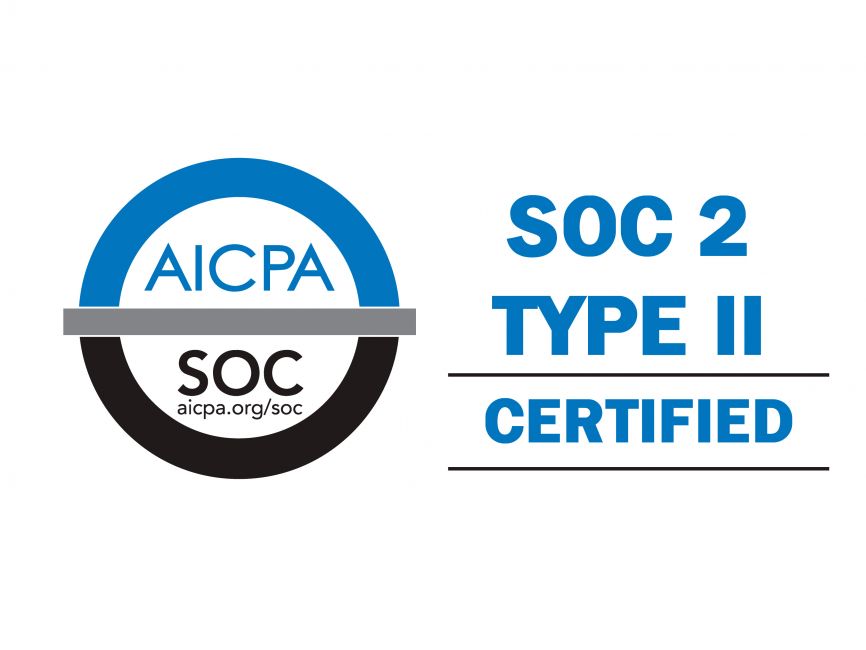Living with a disability is a unique journey that often comes with its own set of challenges, and access to comprehensive healthcare is a critical aspect of managing those challenges effectively. In the United States, one of the primary sources of healthcare coverage for individuals with disabilities is the Medicare program. This federal initiative is pivotal in ensuring that people with disabilities have access to essential medical services and treatments. In this detailed exploration, we will delve into the intersection of disability and Medicare, examining the benefits available and offering guidance on how individuals can navigate the complex healthcare landscape.
Understanding Disability and Eligibility for Medicare:
Medicare is a government-sponsored health insurance program designed to provide coverage for individuals aged 65 and older, specifically younger individuals with disabilities. For those under 65, eligibility is typically contingent on receiving Social Security Disability Insurance (SSDI) benefits for at least 24 months. However, individuals with specific conditions such as Amyotrophic Lateral Sclerosis (ALS) or end-stage renal disease (ESRD) may qualify for Medicare benefits sooner.
Medicare Coverage Options for Individuals with Disabilities:
Once deemed eligible, individuals with disabilities gain access to various components of the Medicare program, each addressing different aspects of healthcare. Part A covers inpatient hospital stays, skilled nursing care, hospice care, and home healthcare services. Part B covers outpatient care, doctor visits, and preventive and home healthcare services. Part D provides prescription drug coverage. Part C, also known as Medicare Advantage, offers an alternative to traditional Medicare by bundling Parts A, B, and D into a single plan.
Navigating Costs and Out-of-Pocket Expenses:
While Medicare provides essential coverage, it is imperative to understand that it does not cover all healthcare costs. Beneficiaries are responsible for certain out-of-pocket expenses, including deductibles, copayments, and coinsurance. To mitigate these costs, individuals can explore supplemental insurance, commonly known as Medigap, which helps fill the gaps in coverage, providing additional financial support for healthcare services not covered by original Medicare.
Access to Assistive Devices and Specialized Services:
Individuals with disabilities often require specialized equipment and services to enhance their quality of life. Medicare covers a range of assistive devices, including wheelchairs, walkers, and communication devices, when deemed medically necessary. Additionally, rehabilitative services like physical therapy, occupational therapy, and speech-language pathology are covered under specific conditions, supporting individuals in their journey toward improved functionality and independence.
Advocacy and Support:
Navigating the intricacies of disability and Medicare can be overwhelming, and individuals may find it beneficial to seek advocacy and support. Nonprofit organizations, disability advocacy groups, and local social services can provide valuable assistance in understanding one’s rights, exploring available resources, and addressing any challenges that may arise in the healthcare system. These support networks play a crucial role in empowering individuals with disabilities to advocate for their healthcare needs and navigate the system effectively.
In the complex and evolving landscape of disability and healthcare, Medicare is a lifeline for individuals seeking comprehensive coverage. Understanding the eligibility criteria, available coverage options, and associated costs is vital for making informed decisions and ensuring access to essential healthcare services. With the proper knowledge, support, and advocacy, individuals with disabilities can navigate the healthcare system, access vital services, and enhance their overall well-being. By fostering a community that prioritizes inclusivity and support, we can collectively work towards a more accessible and equitable healthcare system for all.

